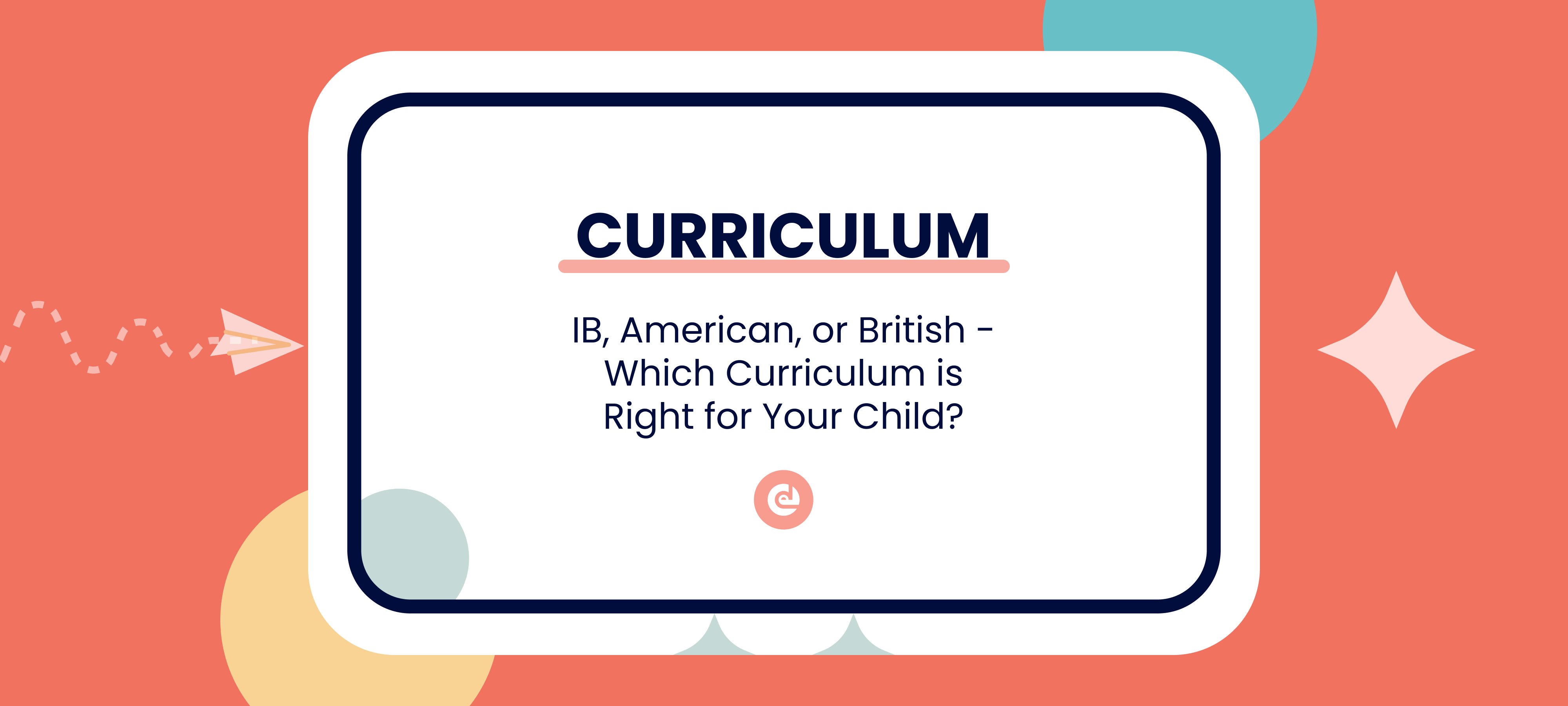Comparing School Curricula: IB, American, or British - Which is Right for Your Child?
When it comes to choosing a school board, there is no one-size-fits-all answer. Each school board, whether it be the International Baccalaureate (IB), American curriculum, or British curriculum, has its own unique strengths and areas of focus. It ultimately depends on the individual preferences and goals of the student.
The International Baccalaureate (IB) curriculum is renowned for its holistic and inquiry-based approach to learning. It offers a comprehensive range of programs for students of all ages, from the Primary Years Program (PYP) to the Middle Years Program (MYP) and the Diploma Program (DP). The IB curriculum places a strong emphasis on critical thinking, creativity, and international-mindedness. It encourages students to explore and understand the world around them, fostering a sense of global citizenship. The IB curriculum is widely recognized by universities and employers worldwide, making it an attractive option for students seeking an internationally-focused education.
On the other hand, the American curriculum follows a standards-based approach. This means that it is built upon a set of clear and specific learning standards that students are expected to achieve. The American curriculum covers a wide range of subjects, including mathematics, science, English, and social studies. It is designed to prepare students for success in higher education and future careers by providing them with a solid foundation of knowledge and skills. The American curriculum places an emphasis on practical application and real-world problem-solving, equipping students with the tools they need to thrive in a rapidly changing world.
Meanwhile, the British curriculum is renowned for its academically rigorous nature and its focus on developing key skills. Like the American curriculum, it covers subjects such as mathematics, science, English, and social studies. However, the British curriculum also places a strong emphasis on critical thinking, problem-solving, and communication skills. It aims to provide students with a broad and balanced education that prepares them for both further education and the workplace. The British curriculum is widely recognized and respected by universities and employers around the world, making it a popular choice for students seeking a challenging and well-rounded education.
In conclusion, determining the best school board between the IB, American curriculum, and British curriculum is subjective and depends on individual preferences and goals. The IB curriculum fosters critical thinking and international-mindedness, the American curriculum focuses on standards-based learning and practical application, and the British curriculum offers a broad and balanced education with a strong emphasis on key skills development. When making a decision, it is important to consider factors such as educational philosophy, career aspirations, and university recognition. Ultimately, the right school board is one that aligns with the unique needs and aspirations of the student.

